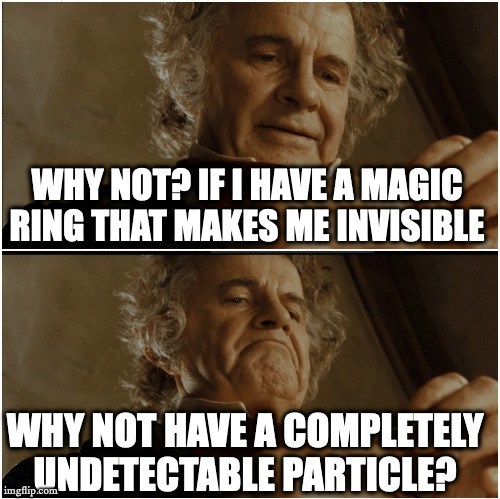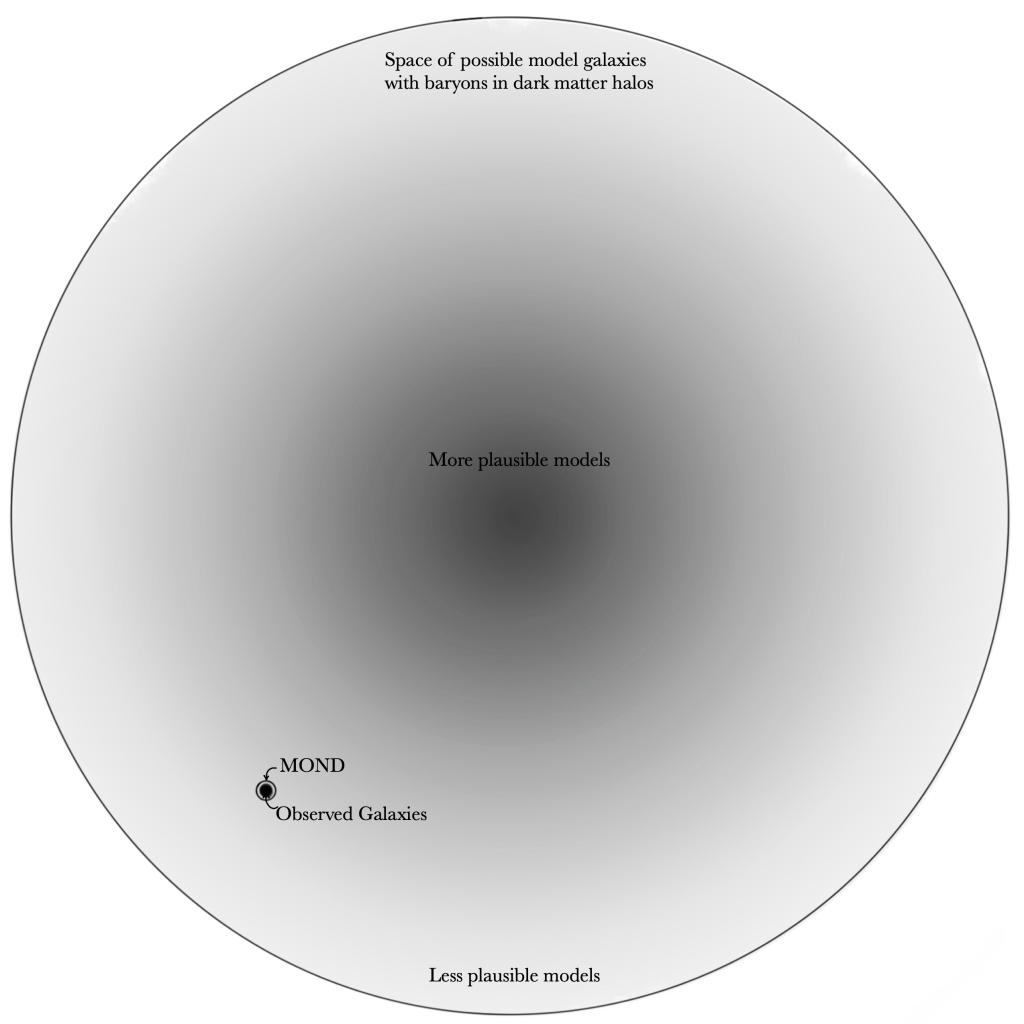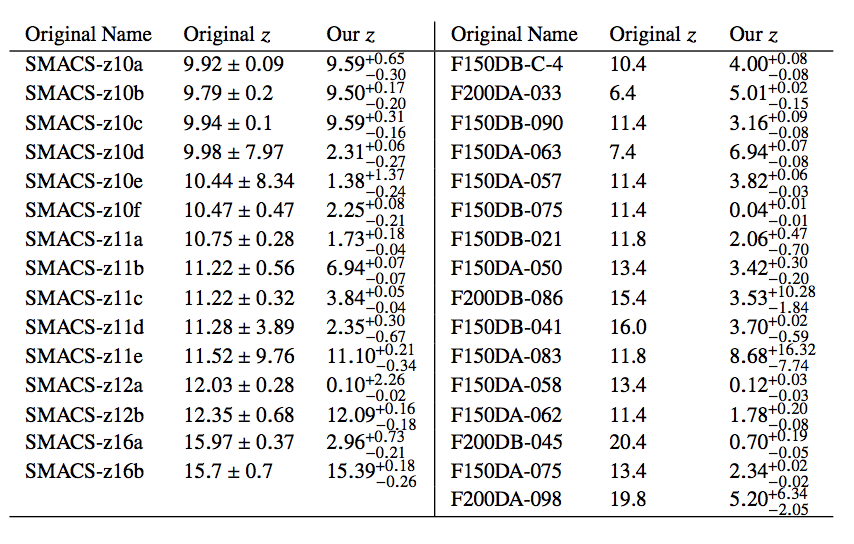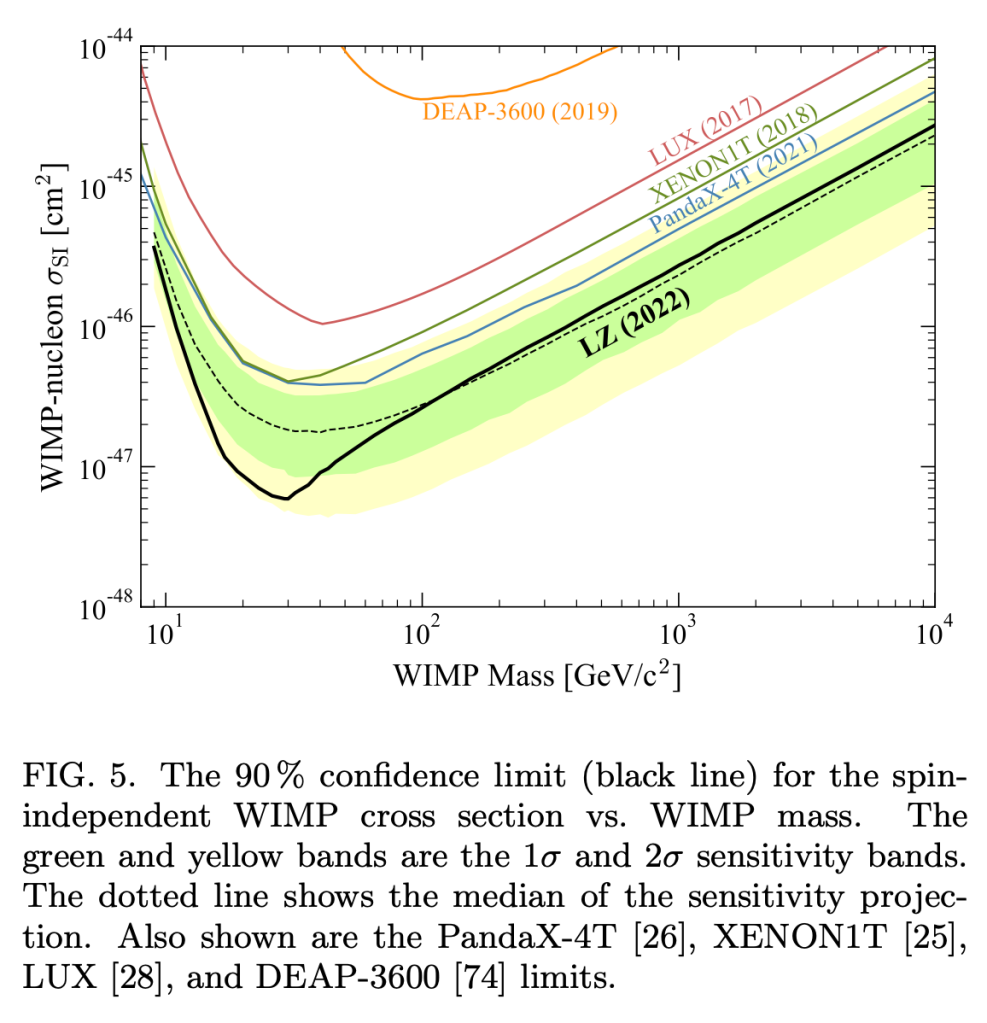
I would like to write something positive to close out the year. Apparently, it is not in my nature, as I am finding it difficult to do so. I try not to say anything if I can’t say anything nice, and as a consequence I have said little here for weeks at a time. Still, there are good things that happened this year. JWST launched a year ago. The predictions I made for it at that time have since been realized.








